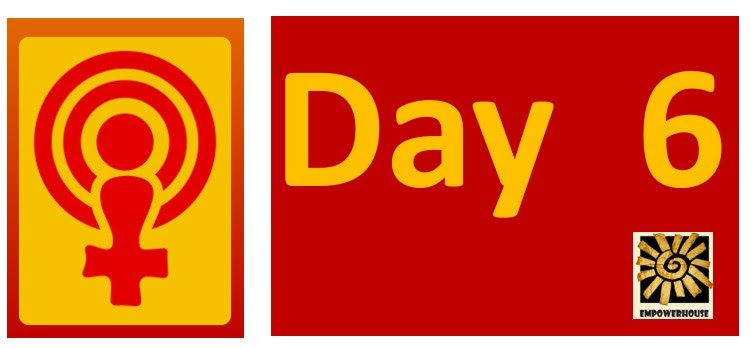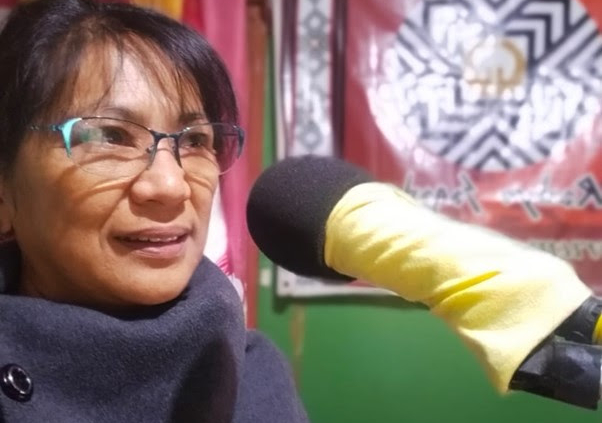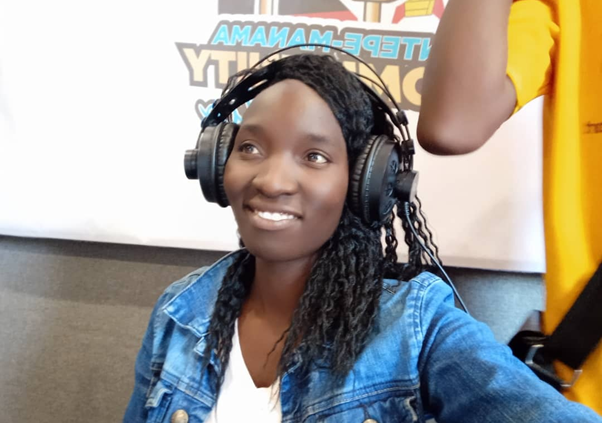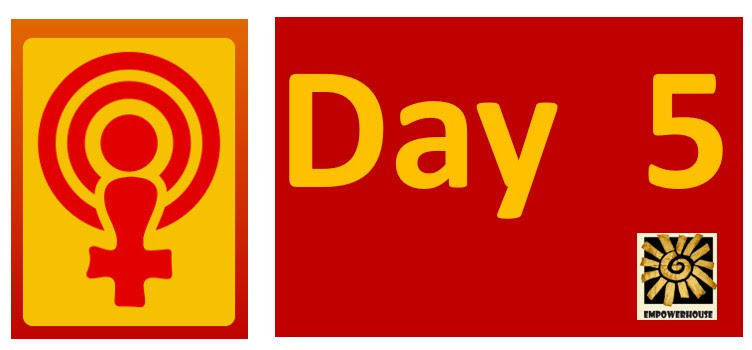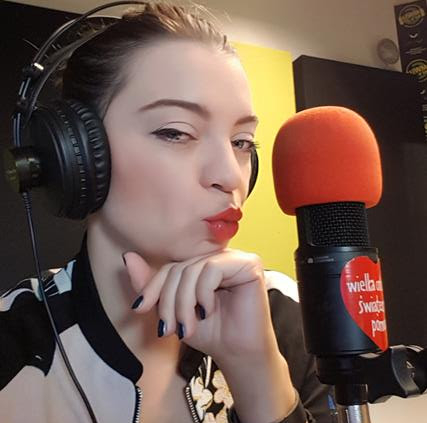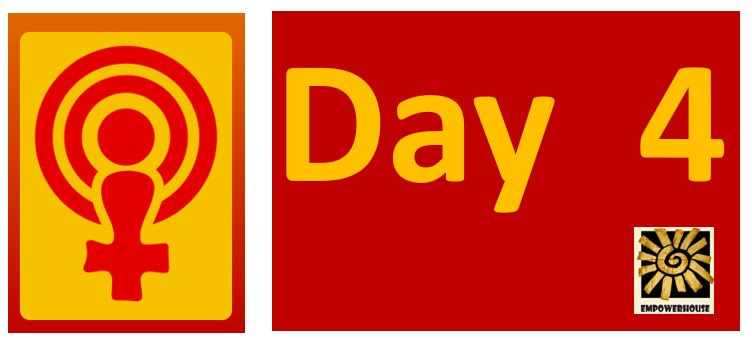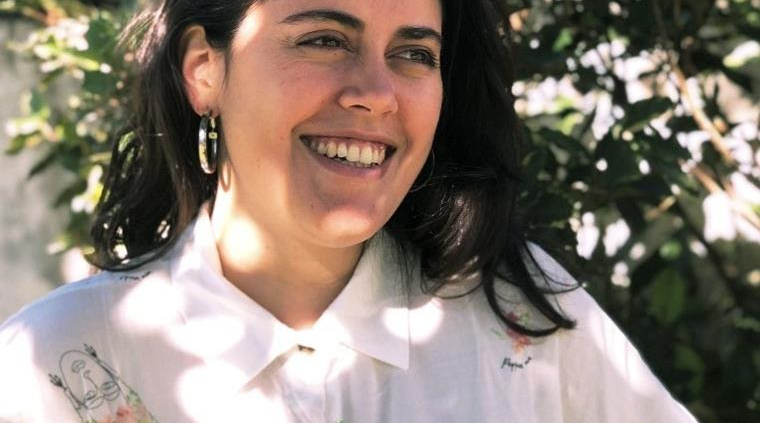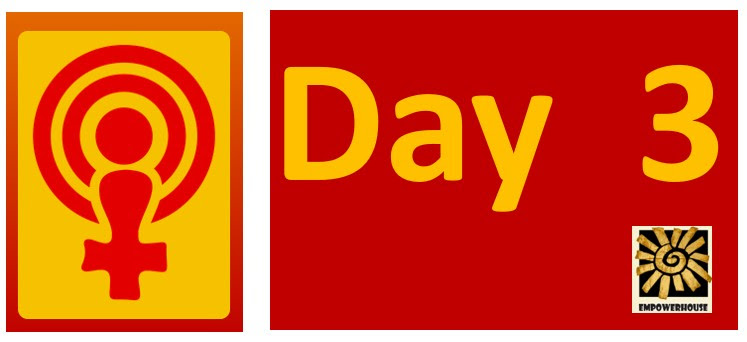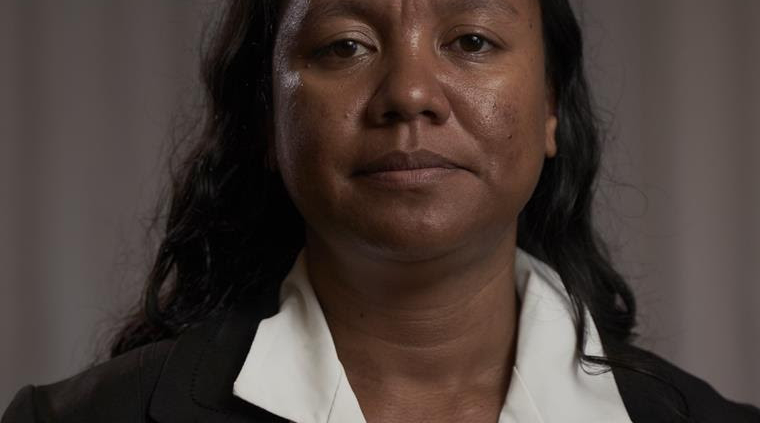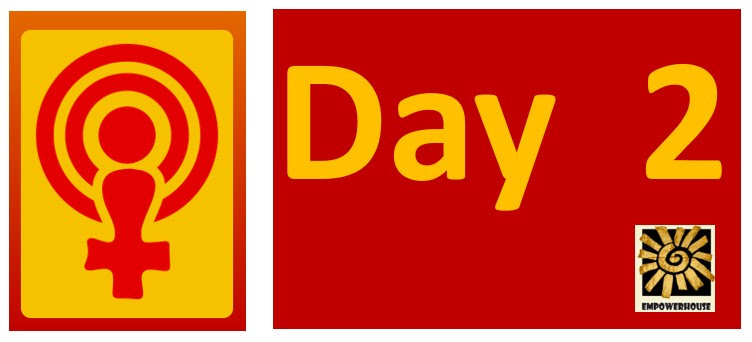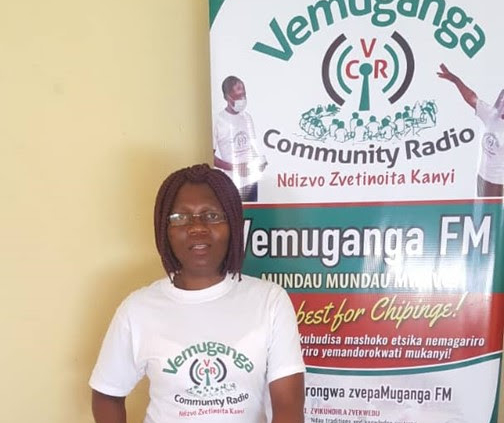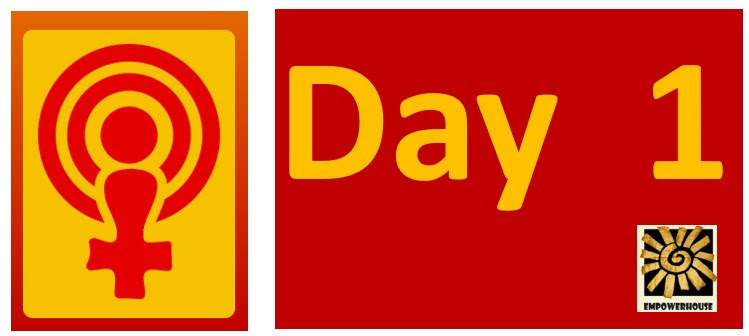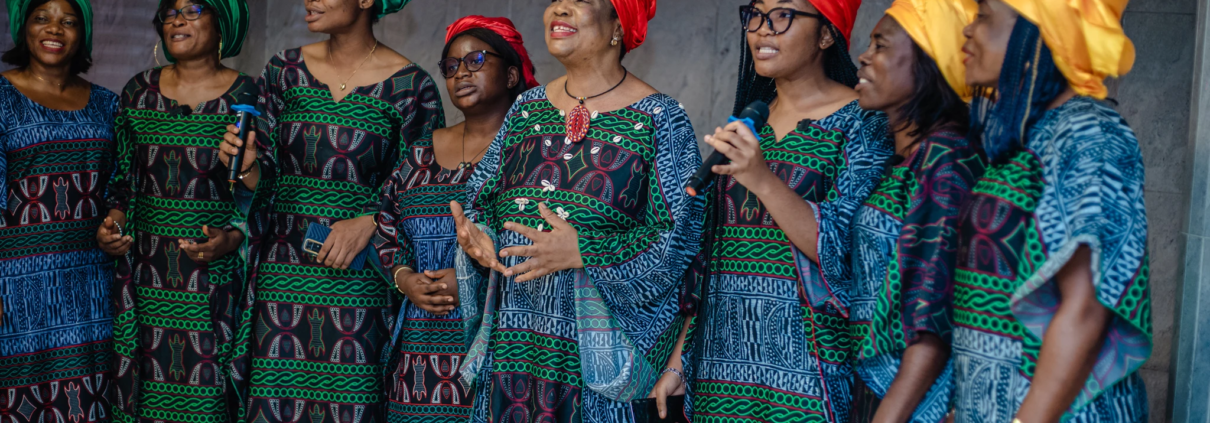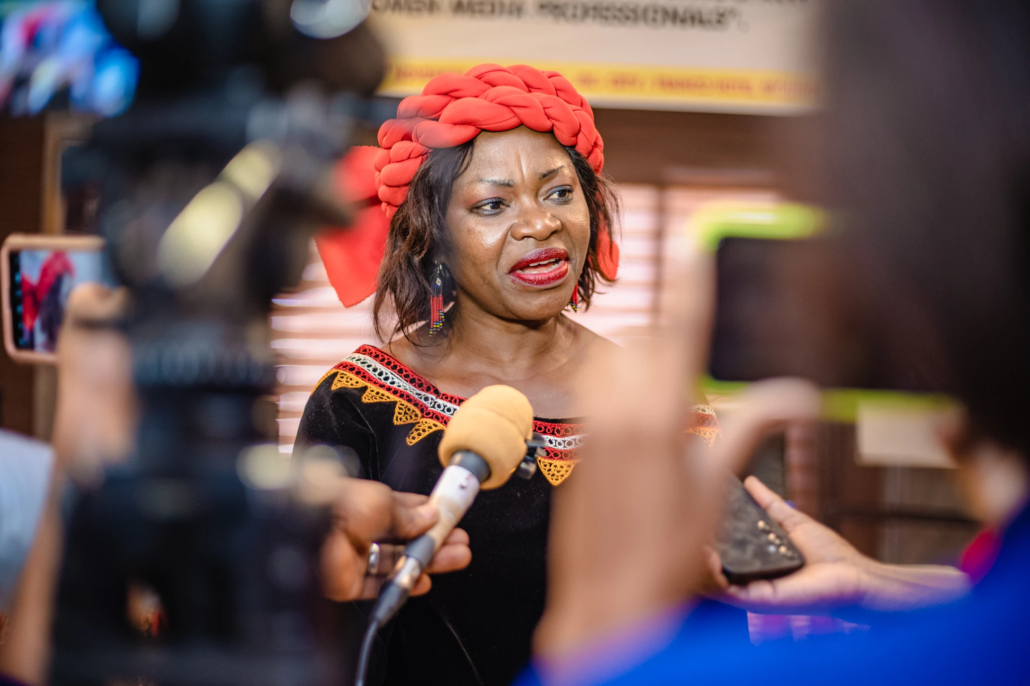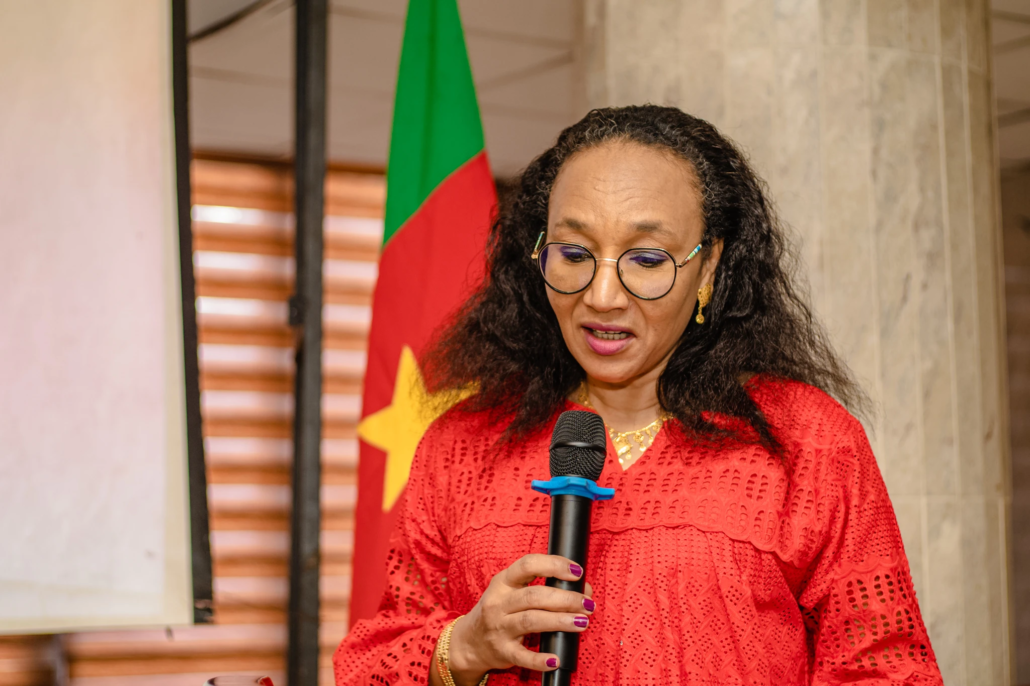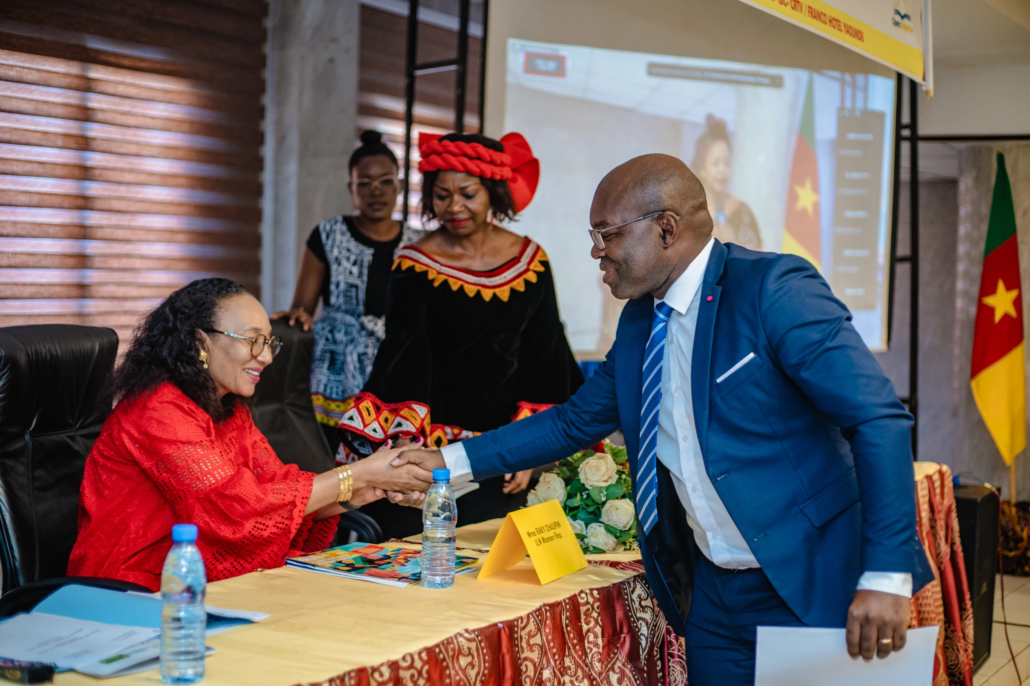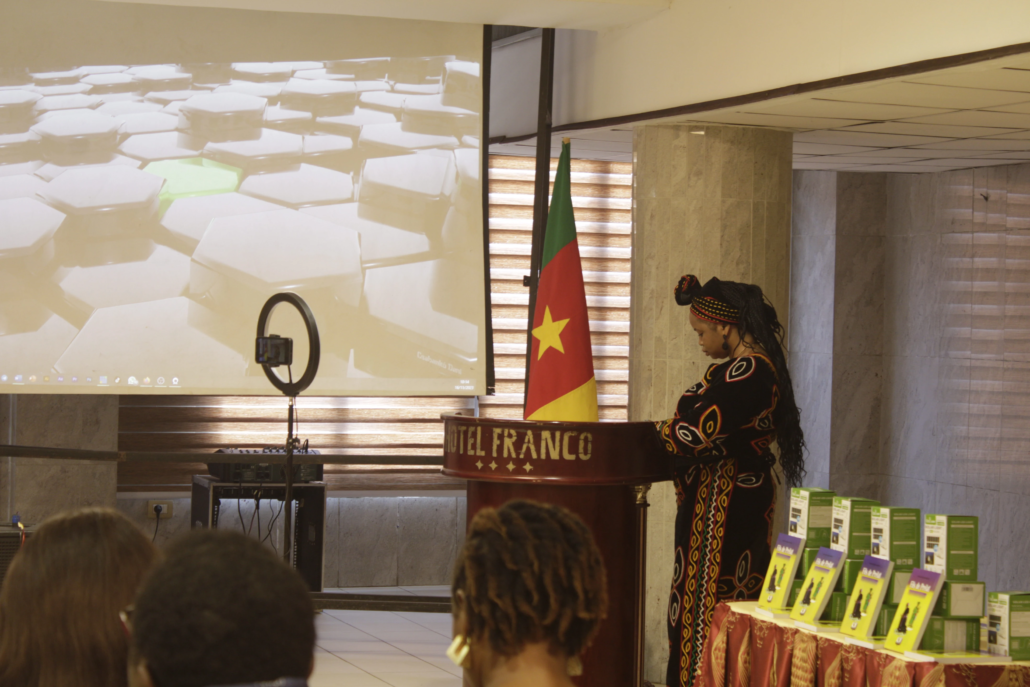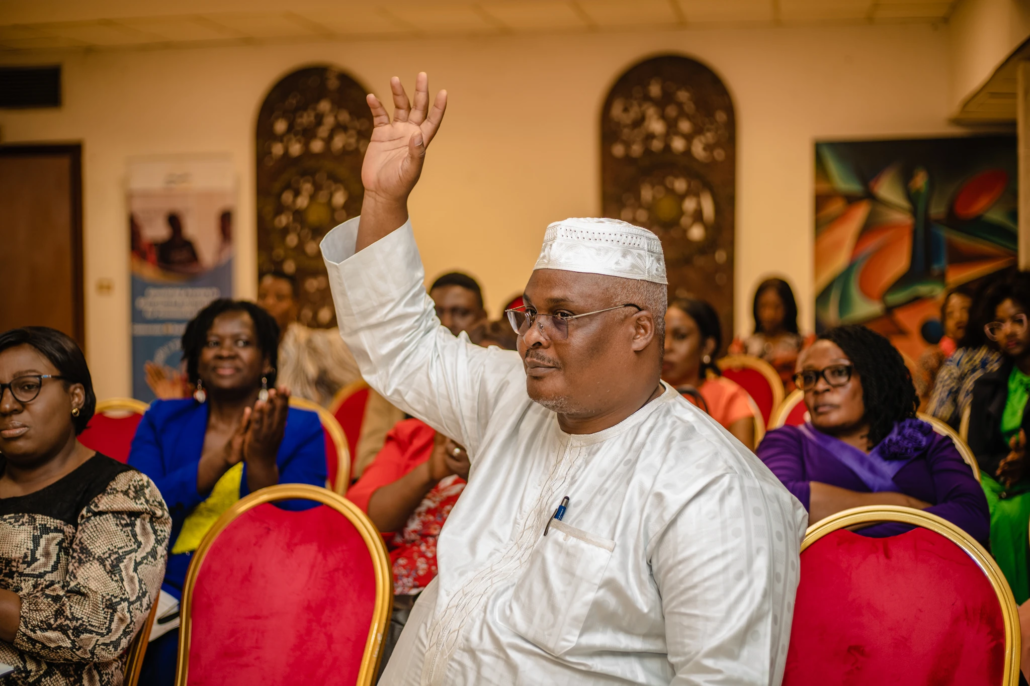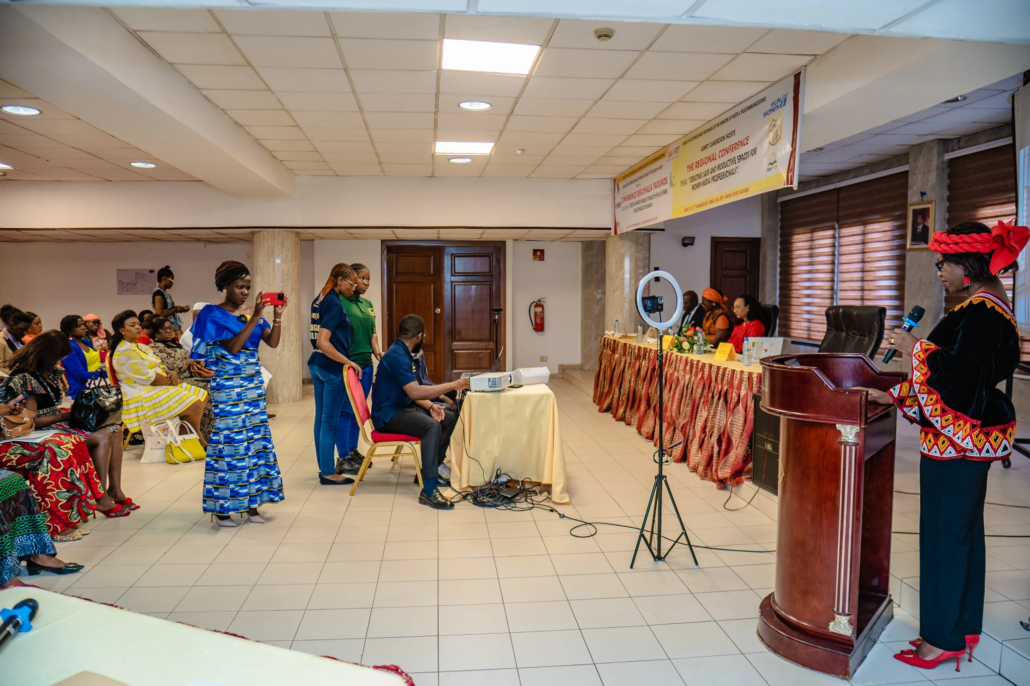by Empowerhouse / Birgitte Jallov
16 women working with community radio to strengthen the voices and lives of women in their area
Gwendolyn Gay L. Gaongen, Station Manager, Radyo Sagada, International Association of Women in Radio and Television – Philippines
Radyo Sagada is not just led by a woman, the core group of broadcasters are women, and despite the very dangerous political climate for journalists in the Philippines, the authorities apparently recognize the station’s importance for community development – despite their oftentimes inconvenient truths being shared.
Gwen is the station manager of the Radyo Sagada – a de-facto women’s station. Gwen takes us through the gestation process of the station and why it – the only indigenous community radio station in the Philippines – has such a strong women’s focus.
While women struggle to have an appropriate space in most other community radio stations in the Philippines – due to tradition and culture – Radyo Sagada is seen as a development dynamo due to women’s strong engagement.
The station has been on air since 2011 and Gwen has been on of the radio team since then. Conceptualized in 2003, it only went on air in an experimental mode in 2010 and for real in 2011. It is the Philippines’ only indigenous peoples’ radio located in the mountain province, the Condillera, in the north of the main Luzon island.
In the podcast Gwen unfolds how this all has developed. Gwen talks about the how the dangerous situation for journalists in the Philippines including red-tagging influences Radyo Sagada, and why despite threats, they stay on as as it is so important in a reality with and only 60 % literacy rate.
Read more here: https://empowerhouse.dk/gwendolyn-gay-l-gaongen/
EMPOWERHOUSE lanuches its contribution to the 16-day campaign by sharing 16 women’s community radio stories: unfolding how each broadcaster has been seeing positive change for women and girls – working intensely to eliminate violence against women and girls.
